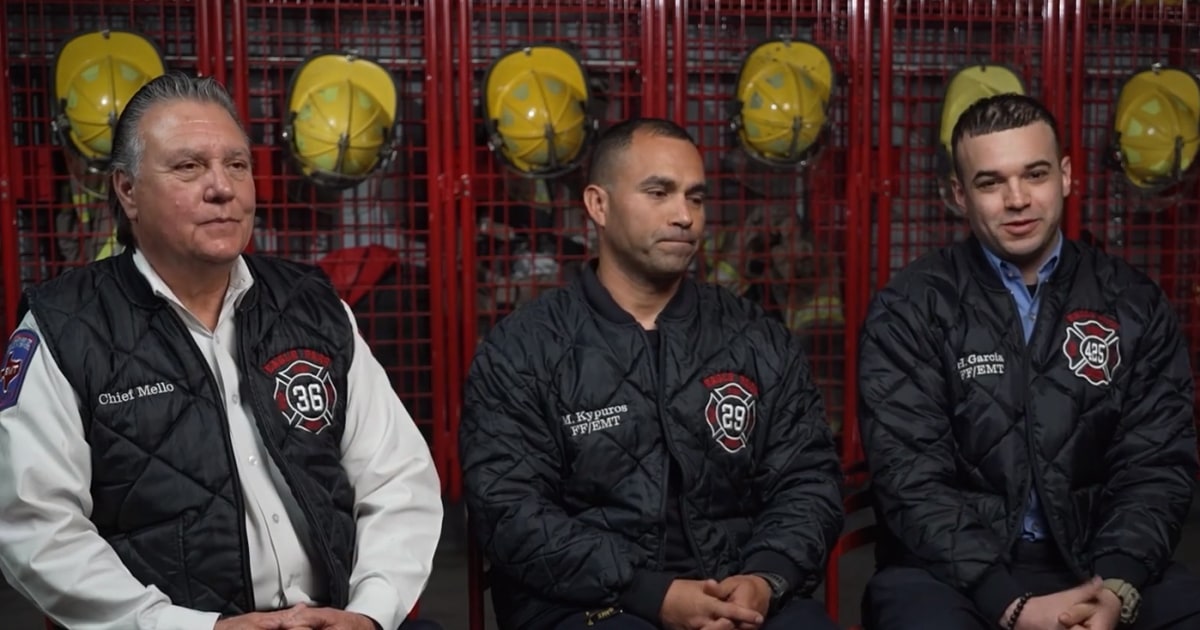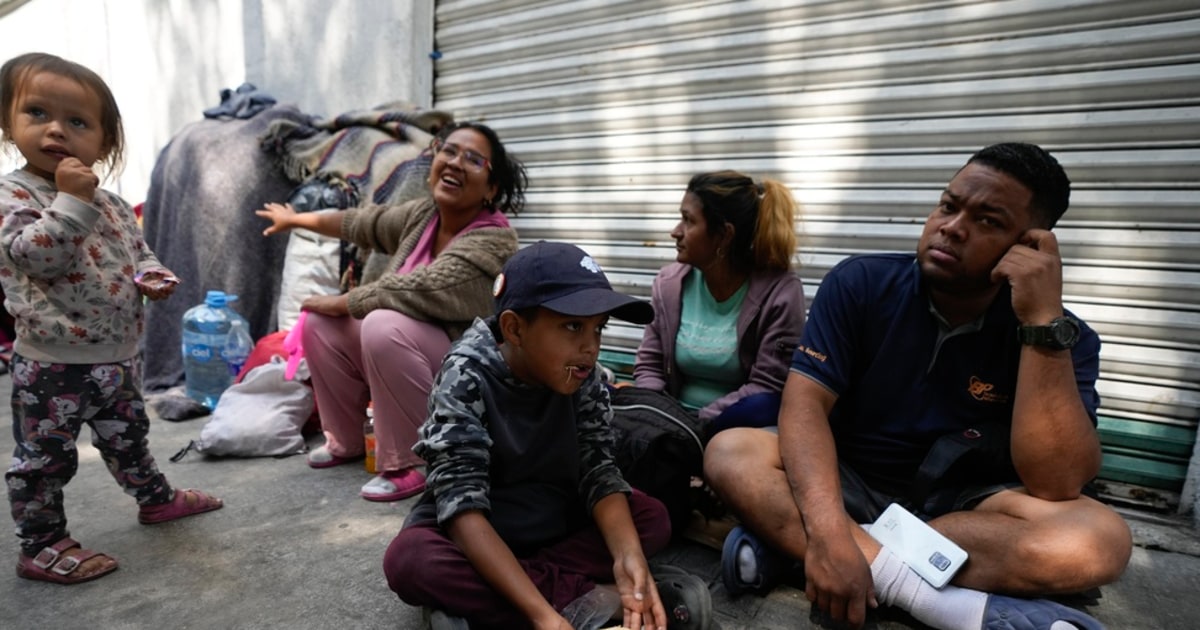health
New parents
Watch from the sidelines or help the child do things: Where does the border cross?
What message do you convey to the child if you do something in his place or accelerate it, and when is it important that you intervene?
Ina Pari, parent coach, group facilitator, workshops, courses and lectures in the Montessori method of education - describes it as helicopter parenting and explains when it is good and when it is not
Tags
parents
Children
Education
Daniel Sarantsky, in collaboration with JAMA
Thursday, 21 October 2021, 07:31
Share on Facebook
Share on WhatsApp
Share on general
Share on general
Share on Twitter
Share on Email
0 comments
He tries to close the box with the lid and fails.
Trying from the side or top and bottom, twisting, turning the lid and failing.
Then you take the box and close the lid yourself.
Good intent.
Sure.
That he will not experience frustration or a sense of failure, right?
I want you to stop for a moment, and ask yourself - what did you teach your child right now?
He realized, in fact, that you told him without words - "You can not. Only mother can."
And so, instead of strengthening his confidence, without meaning to, we often make them feel that they cannot, are unable, not enough.
Ina Parry, a parent coach, group facilitator, workshops, courses and lectures in the Montessori method of education - describes it as helicopter parenting.
More on Walla!
Without eye contact?
So it's right that you communicate with the baby at night awakenings
To the full article
Helicopter Parenting This is parenting that you do for your child, put out the fires for him and prevent him from making mistakes along the way.
If the child approaches and is close to some pit, you quickly pick it up with your "helicopter" and move it to the other side.
And so - instead of learning to solve problems, to develop creativity, flexibility, to meet challenges - he learns that he is incapable.
What did he learn?
That he does not know how to do it himself.
He did not learn how to do so and was not given the opportunity to increase his independence - which will not contribute to strengthening his self-confidence.
Allow them to try and make mistakes.
Mother helps her daughter with lessons (Photo: ShutterStock)
So what about helicopter parenting?
Let him try.
Make a mistake to correct.
Because you want to allow him to experiment and strengthen his confidence to make mistakes and also to correct, allow him one more minute (or as much as it takes) to finish an action.
You can demonstrate to the child before but while he is training - you do not intervene.
Allow him to do it himself.
Assuming the challenge matches its capabilities.
Do not rush it.
If you are in a hurry or not available for it - you can check how to gain the time he needs without speeding it up.
For example, waking up earlier to leave him enough time to wear shoes in the morning.
And practice locking your shoes in a relaxed time and not under the pressure of the morning.
Narrow environment allows
.
Expose him to challenges that will suit his abilities and gradually raise the level of difficulty so that he can become stronger and learn new skills.
Do not fix the child, so that he does not feel spoiled.
Allow him to learn in his own way and trust yourself that you have given him the tools to do the action.
When, after all, is it important to intervene?
The red border in the Montessori method passes through injury to self, another or the environment. If it is a child who runs into the road, puts his fingers in an electrical outlet, wants to injure another child's body or messes with a knife or scissors that is not in a way that works well with him - it is clear that he should be stopped. Set a limit and do not allow him or another person to be harmed. Safety, health and safety come first.
However, even there, it is important that it does not end there. If you recognize that a red line has been crossed, try to understand what the child's need was and how you can address that need. Maybe you can explain more to him about road safety or around the house, and thus allow him, as written earlier, an environment that has more knowledge - then he can (and will) take more responsibility and cross borders less. Or if you have identified a need for movement, for example, adjust the environment and exercises so that they address him for that need without looking for an answer elsewhere.
Maria Montessori said that "everything we do for them - we take from them".
Remember that every situation is a training opportunity.
We want to use it for growth and development.
The Jama app was established with the aim of addressing mothers of babies from birth to age three, and centralizing for them content, activities, tips from experts and videos that will accompany them throughout this challenging period.
All the content in the app "grows" together with the baby and is precisely adapted to its developmental stages, so that the mothers receive only what is relevant to them and interests them at any given moment.
The Jama app is the place for mothers in Israel to meet and get to know other mothers around them, and create new and exciting friendships in the fascinating journey.
Search us on Google: https://app.jama.co.il/
Share on Facebook
Share on WhatsApp
Share on general
Share on general
Share on Twitter
Share on Email
0 comments









